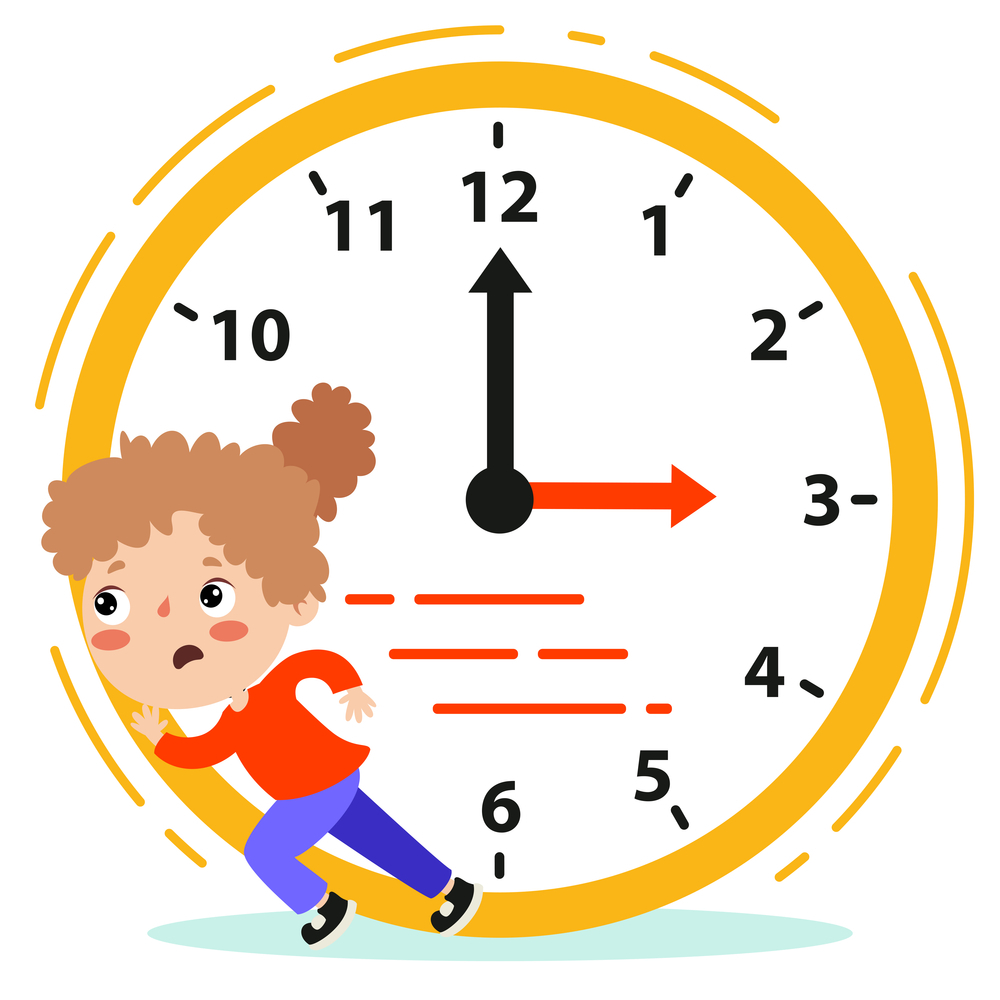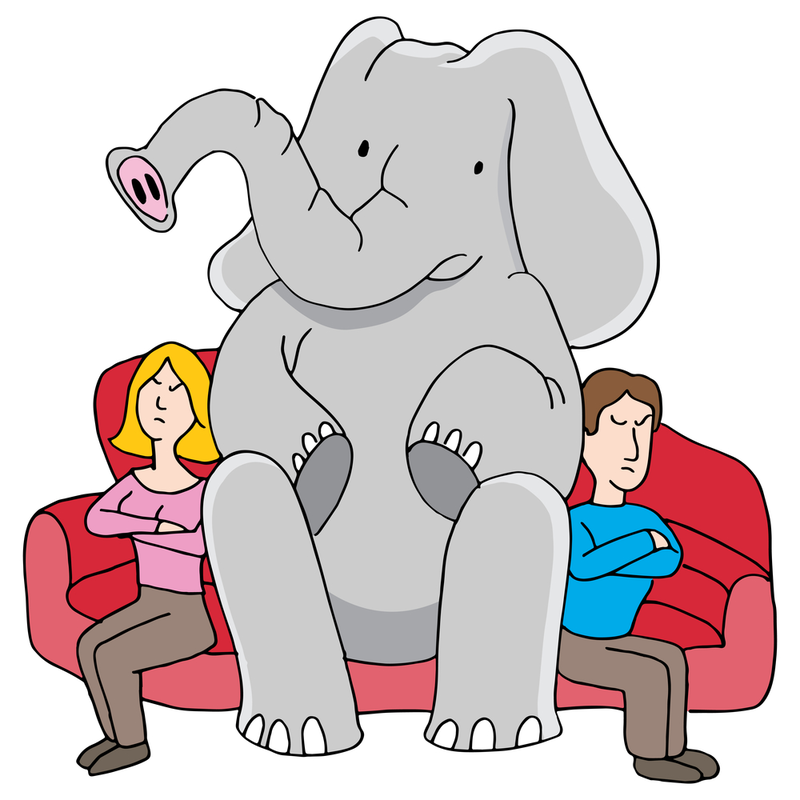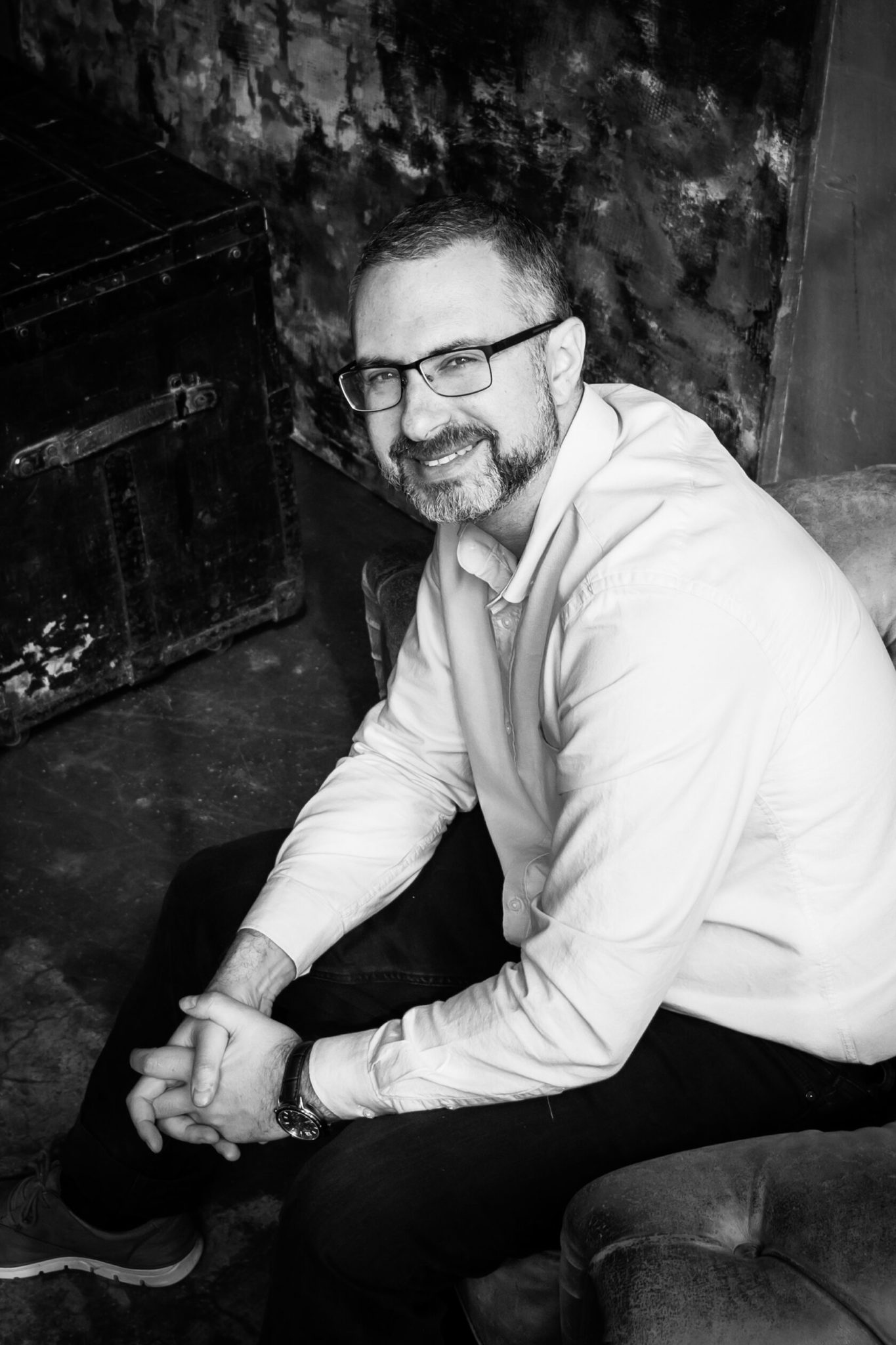Anxious Attachment Style and Its Impact on Couples Therapy
Attachment styles in relationships were initially introduced by British psychologist John Bowlby in the 1950s. He studied children from different families and their interactions with their caregivers. Following his research, therapists now know that the attachment styles formed in childhood extend to adult relationships as well.
Anxious attachment is one of the four attachment styles defined by Bowlby and is characterized by a fear of abandonment, a constant need for reassurance, difficulty trusting others, and anxiety about the relationship. In this post, we will explore the impact of anxious attachment style on couples therapy and discuss strategies to deal with it if either you or your partner have it.
1. Excessive need for reassurance and fear of abandonment:
Although most people want to be acknowledged and appreciated in a relationship, individuals with an anxious attachment style actively seek reassurance and heightened undivided attention from their partner.
For example, John constantly seeks reassurance from Sarah about their relationship, asking questions like, “Do you still love me? And what if I do this or that? Are you sure you won’t leave me? I see that you are upset.” Even if he does not voice these questions, the silent question still hangs in the air. John is reluctant to let Sarah meet with her friends or go on a journey, fearing that while she is away, she will give her attention to somebody else or love him less once she is back. Sarah feels overwhelmed and pressured by John’s continuous need for validation, as she feels like she can never provide enough reassurance to satisfy him. She also feels pressured to not show any negative emotions, such as frustration, disappointment, or anger, since, once she does, John appropriates it to their relationship as a whole, not to a specific situation.
In therapy, John’s task would be to learn to separate from Sarah and realize that his pleasing behavior is driven by fear. John would need to learn how to deal with fear and anxiety without necessarily involving Sarah. Sarah, on the other hand, would also learn to separate herself from John’s anxiety and let him learn to manage it.
2. Difficulty with Boundaries:
Children who later develop an anxious attachment style often showed extreme distress when separated from their caregivers. This distress could result from early separation when their primary caregiver emotionally detached from them or when they weren’t ready for it yet. Difficulty with boundaries can also stem from parents being either too intrusive, not leaving much personal space, or too distant, not providing the right amount of freedom for the child to learn and internalize boundaries. When a parent is preoccupied with their child’s life, the child might become their narcissistic extension. Instead of meeting the child’s emotional needs, they use the child for their own needs. Having developed an anxious attachment style, these grown children are often scared of becoming another narcissistic extension, this time of their partners. To deal with this fear, they might adopt their parents’ relationship behavior.
For instance, Sarah frequently invades John’s personal space and interests, going through his phone or personal belongings without his consent, or giving unsolicited advice regarding John’s goals and choices. John feels violated and disrespected by Sarah’s lack of boundaries, as it erodes his sense of privacy and autonomy. At times, the opposite happens, and Sarah is too aloof, not showing any interest in John at all.
In therapy, Sarah’s task would be to learn her comfortable distance from John and develop empathy for his interests and goals. John’s task would be to learn to proactively share with Sarah what he is currently preoccupied with, what his plans are, and what Sarah’s role is in them.
3. Doubt in the Relationship and Insecurity for the Partner:
As children, people with anxious attachment styles were probably fearful of exploring their surroundings. Exploring was not endorsed by their parents, either due to their own fear of the child potentially getting hurt or because they lacked the energy to deal with an active, curious child who would cry at times. In adulthood, these individuals are not prone to risk-taking in relationships or in life in general. They can be wary if their partner suggests something new or if they are forced to go through a life-changing event.
Even though Sarah consistently demonstrates her commitment and loyalty, John constantly doubts her intentions and suspects her of being interested in someone else. Sarah feels hurt and untrusted by John’s persistent doubts, as they create a sense of instability and erode the trusting foundation of their relationship. When Sarah denies these suspicions, John’s jealousy grows instead of diminishing, as he anxiously anticipates that she will bring up an affair unexpectedly and immediately divorce him, which would be a life-changing event.
In therapy, John would be encouraged to be more explorative, take more risks, and listen to his own wishes that he probably ignores. Sarah would be encouraged to not justify herself but rather support John in his endeavors to explore life and the different aspects of their relationship. Instead of persuading him, she would help him clarify (and thus explore) his fears and doubts when he talks about them. Exploring the sexual side of the relationship is also often helpful in this case.
4. You guessed it, anxiety:
People with an anxious attachment style find it difficult to regulate their emotions. They may be prone to tears, emotional outbursts directed inward or outward, or they may choose flight as the to-go response to stress. This difficulty in emotional regulation can be attributed to their parents having had high levels of anxiety or difficulty managing their own emotions, which in turn flooded the child with emotions. The child observed how the parent struggled to take control over their emotions and witnessed the helplessness of their emotional distress, unconsciously internalizing it as a dominating part of their emotional regulation.
During conflicts, Sarah struggles to express her needs and emotions clearly, often resorting to passive-aggressive behavior, accusations, or giving John the silent treatment. She finds it difficult to even formulate to herself what point made her upset. John feels frustrated and confused by Sarah’s inability to communicate effectively and becomes engulfed in his anxiety without understanding what causes it on her end.
In therapy, it would be helpful for Sarah to manage her levels of anxiety and begin distinguishing when anxiety is strong, when it is weak and what serves as its onset. For John, it would be helpful to recognize when Sarah is anxious, as opposed to when she’s angry or sad. This way, they would both be able to address the relevant feeling and its underlying issue.
In conclusion, people with an anxious attachment style fear abandonment and are therefore extremely cautious and vulnerable in relationships. The good news, though, is that they strive to have a close relationship and attain the closeness that they know deep inside is possible, despite not experiencing it immersively in their childhood or early significant relationships. Gradually, the anxious attachment style can be nourished into the secure attachment style. The key to dealing with the anxious attachment style is helping the individual and the couple create a safe and supportive environment that fosters a sense of security, address rather than ignore anxieties, work through the anticipation of rejection, establish mutually approved boundaries, and learn self-support.
References:
Bowlby, J. (1969). Attachment and Loss: Volume I. Attachment. London: Hogarth Press.
Bar-Haim, Y., Dan, O., Eshel, Y., & Sagi-Schwartz, A. (2007). Predicting children’s anxiety from early attachment relationships. Journal of anxiety disorders, 21(8), 1061-1068.
Brown, D. P., Elliott, D. S. (2016). Attachment Disturbances in Adults: Treatment for Comprehensive Repair. New York: W.W. Norton.
Warren, S. L., Huston, L., Egeland, B., & Sroufe, L. A. (1997). Child and adolescent anxiety disorders and early attachment. Journal of the American Academy of Child & Adolescent Psychiatry, 36(5), 637-644.
Published by author on Psychology Today: https://www.psychologytoday.com/intl/blog/the-psychology-of-relationships-and-emotional-intelligence/202310/anxious-attachment-style-and



